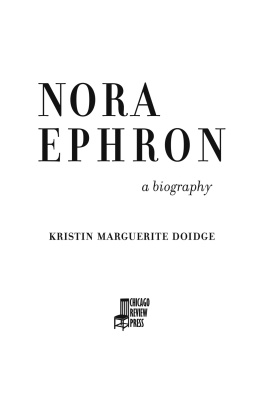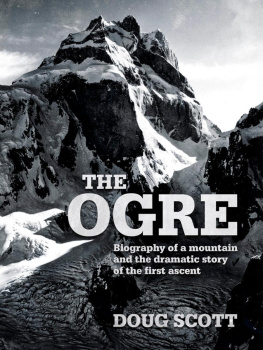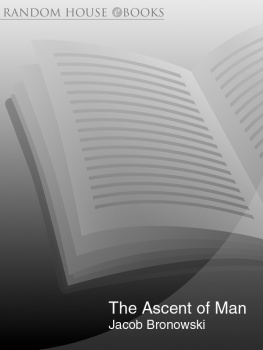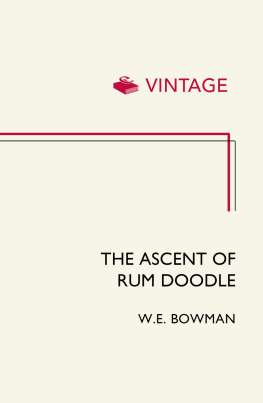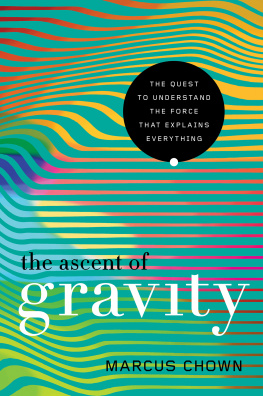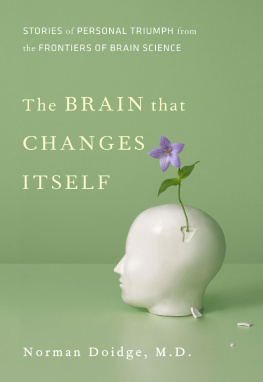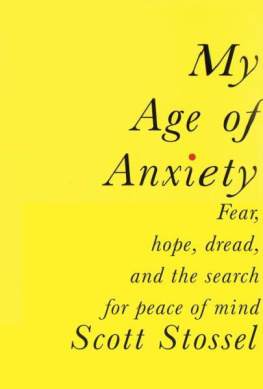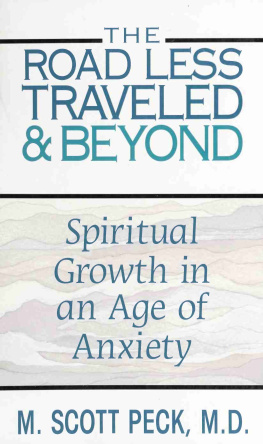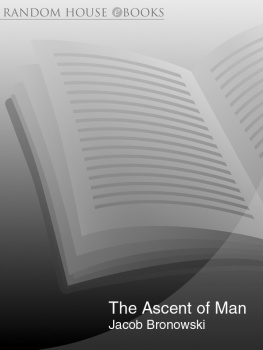
The Anxiety of Ascent
This intriguing book re-evaluates a narrative of cultural decline that developed in the wake of Max Weber's The Protestant Ethic and the Spirit of Capitalism . For Weber, and a group of influential sociologists that followed, Western modernity is marked by growing disenchantment with the beliefs and values that had previously given a sense of structure and meaning to life. Despite its unparalleled material achievements, the modern West in this reading is suffering from a crisis of meaning and is no longer able to provide authoritative answers to the only really important question: 'What shall we do and how shall we live?'
This book examines two influential responses to this question: the German bourgeois ideal of the late nineteenth century and the mid-twentieth century American celebration of the middle class. In each period, the exploration is guided by a close reading of a contemporary and retrospective text. For Germany, Gustav Freytag's novel Debt and Credit (1855) is read against Thomas Mann's Buddenbrooks (1901) and, for the US, the domestic comedy Father Knows Best (1954-1960) is read against the cable television drama Mad Men (2007-2015). The Anxiety of Ascent casts Weber's narrative in a more optimistic light, pointing towards the redemptive possibilities contained within everyday life. As such, it will appeal to sociologists and cultural studies scholars interested in cultural sociology, social theory, morality, meaning and the culture of the middle-class life.
Scott Doidge is a teaching associate in Sociology at the University of Melbourne, Australia.
Morality, Society and Culture
The Morality, Society and Culture series publishes rigorous scholarly work exploring how moral questioning and action have been transformed in contemporary social relationships and by contemporary culture. Can cultural texts such as films, television broadcasts and art be vehicles for moral demands? Do we learn what it means to be 'good' from soap opera and advertising? If cultural texts are forms of moral mimesis, then are the standards of the 'right' and 'good' dependent on external considerations of cultural visibility and social relevance - and if so, how are some moral issues made visible or invisible, relevant or irrelevant?
Now that morality has become cultural and is amenable to sociological and cultural study as well as philosophical investigation, this series explores how and to what effect moral questioning, action and debate are inextricably entwined with contemporary social and cultural forms, texts and institutions. The books in this series offer new understandings of the connection of morality, society and culture, analyse key contemporary events, and establish new methodologies.
Series Editor
Keith Tester is Professor at The Thesis Eleven Centre for Cultural Sociology at LaTrobe University, Australia and Senior Fellow at the Centrum Myli Jana Paw a II, Warsaw, Poland. He is the author of Humanitarianism and Modern Culture , Panic , Eric Rohmer: Film as Theology , Moral Culture , The Social Thought of Zygmunt Bauman and Animals and Society , co-author of Conversations with Zygmunt Bauman and What Use is Sociology? and co-editor of Utopia: Social Theory and the Future .
Titles in this series
Sociological Noir
Irruptions and the Darkness of Modernity
Kieran Flanagan
Making a Living, Making a Life
Work, Meaning and Self-Identity
Sara James
Metaphysical Sociology
On the Work of John Carroll
Edited by Sara James
The Anxiety of Ascent
Middle-Class Narratives in Germany and America
Scott Doidge
For more information about this series, please visit: https://www.routledge.com/Morality-Society-and-Culture/book-series/ASHSER1429
The Anxiety of Ascent
Middle-Class Narratives in Germany and America
Scott Doidge
First published 2019
by Routledge
2 Park Square, Milton Park, Abingdon, Oxon OX14 4RN
and by Routledge
711 Third Avenue, New York, NY 10017
Routledge is an imprint of the Taylor & Francis Group, an informa business
2019 Scott Doidge
The right of Scott Doidge to be identified as author of this work has been asserted by him in accordance with sections 77 and 78 of the Copyright, Designs and Patents Act 1988.
All rights reserved. No part of this book may be reprinted or reproduced or utilised in any form or by any electronic, mechanical, or other means, now known or hereafter invented, including photocopying and recording, or in any information storage or retrieval system, without permission in writing from the publishers.
Trademark notice : Product or corporate names may be trademarks or registered trademarks, and are used only for identification and explanation without intent to infringe.
British Library Cataloguing-in-Publication Data
A catalogue record for this book is available from the British Library
Library of Congress Cataloging-in-Publication Data
Names: Doidge, Scott Kenneth, author.
Title: The anxiety of ascent : middle-class narratives in Germany and America / Scott Kenneth Doidge.
Description: 1 Edition. | New York : Routledge, 2019. | Series: Morality, society and culture | Includes bibliographical references and index.
Identifiers: LCCN 2018017292 | ISBN 9781138577299 (hbk) | ISBN 9781351267168 (ebk)
Subjects: LCSH: Middle classUnited StatesHistory. | Middle classGermanyHistory. | United StatesSocial life and customs. | GermanySocial life and customs. | Culture.
Classification: LCC HT690.U6 D65 2019 | DDC 305.5/50973dc23
LC record available at https://lccn.loc.gov/2018017292
ISBN: 978-1-138-57729-9 (hbk)
ISBN: 978-1-351-26716-8 (ebk)
Typeset in Times New Roman
by Apex CoVantage, LLC
For Maggie and Sam
There are many people that I would like to acknowledge for helping bring this book to fruition. Firstly, I would to thank John Carroll. Since my undergraduate days, John has been a formative intellectual influence and has been unfailingly generous with his time. His influence is evident throughout this book.
I also want to thank the series editor, Keith Tester, for his enthusiasm and instructive feedback during the writing process. Neil Jordan and Alice Salt at Routledge have similarly been a pleasure to work with.
My friends and colleagues in the sociology department at La Trobe also deserve mention for their suggestions and encouragement. In particular, I would like to single out Melinda Turner and Marcus Maloney, for their friendship and advice. Thanks also to Sara James, Anne-Marie Sawyer, John Dickson, Tim Hamilton and Adrian Rosenfeldt.
I also want to express my gratitude for the support of my mother, father, brothers and sisters. A special thanks also goes to my friends John and James Unsworth for their continued encouragement and for enduring more conversations about German novelists than should be reasonably expected.
Finally, a special thanks to Maggie and Sam.
This book examines two images of middle-class life: the German bourgeois ideal of the late nineteenth century and the American middle class in the 1950s1960s. The case studies were chosen because they share several key social facts. Both periods were marked by unprecedented economic development, social mobility and the consolidation of values and aspirations commonly associated with middle-class life. They were also remarkably fecund periods of artistic and sociological enquiry. Attuned to the shifting Zeitgeist , artists and sociologists in each of the periods viewed the emergent middle class as the primary carrier of modernity. Collectively, they produced a deeply ambivalent body of works that wrestled with the gains and losses that accompanied rapid social change. In each of the periods, these works found a receptive audience in the upwardly mobile. These were times when sociological texts regularly became bestsellers while popular art, catering for its parvenu audience, explored the contours of middle-class life. Consequently, they were sites of acute cultural reflexivity that brought into focus many of the hopes, beliefs and anxieties that continue to shape modern life.




